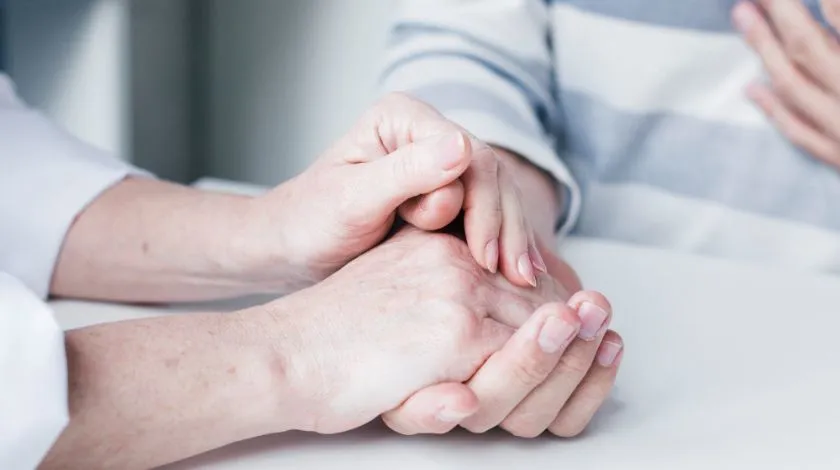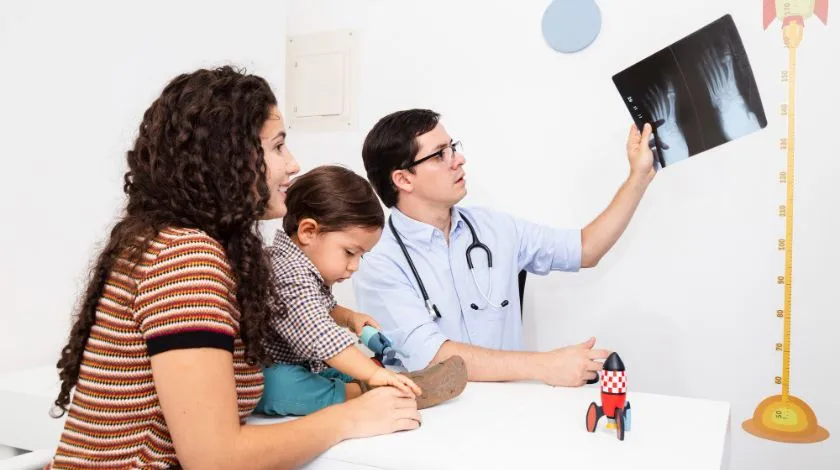Parkinson's disease is a complex neurodegenerative disorder that affects millions of individuals worldwide. Characterized by a variety of motor and non-motor symptoms, this condition can significantly impact one's quality of life. In this blog post, we will delve into the depths of Parkinson's disease, discussing its symptoms, diagnostic procedures, and the range of treatment options available to help manage this condition effectively.
Unveiling Parkinson's Disease: A Comprehensive Guide
1. What is Parkinson's Disease?
Parkinson's disease is a chronic and progressive disorder that primarily affects movement. It occurs when the brain doesn't produce enough dopamine, a neurotransmitter responsible for transmitting signals that coordinate movement. As a result, individuals with Parkinson's experience tremors, rigidity, bradykinesia (slowed movements), and postural instability.
2. Recognizing the Symptoms:
Early identification of Parkinson's disease is crucial for prompt intervention. Common symptoms include:
- Tremors, usually starting in the hands or fingers.
- Muscle rigidity, causing stiffness and inflexibility in limbs and the trunk.
- Bradykinesia, leading to a gradual reduction in spontaneous movement.
- Postural instability, affecting balance and increasing the risk of falls.
3. Diagnosing Parkinson's Disease:
Accurate diagnosis is essential for developing an effective treatment plan. Physicians typically rely on a combination of clinical assessments, medical history, and neurological examinations to diagnose Parkinson's disease. Additional tests like MRI or CT scans may be conducted to rule out other conditions that mimic Parkinson's symptoms.
4. Treatment Options:
a. Medication: Various medications can help manage Parkinson's symptoms by increasing dopamine levels or mimicking its effects. b. Physical Therapy: Tailored exercises and physical therapy programs can improve mobility, balance, and muscle strength. c. Occupational Therapy: Occupational therapists assist in adapting daily activities to enhance independence and quality of life. d. Deep Brain Stimulation (DBS): In advanced cases, DBS is used to manage symptoms by regulating abnormal brain activity through implanted electrodes.
5. Lifestyle Modifications:
Implementing certain lifestyle changes can complement medical treatments and improve overall well-being. This includes a balanced diet, regular exercise, stress management, and sufficient rest.
Conclusion:
Parkinson's disease poses significant challenges, but with early detection and comprehensive management, individuals can lead fulfilling lives. If you suspect you or a loved one may have Parkinson's disease, seek medical attention promptly for an accurate diagnosis and appropriate treatment.
For personalized guidance and expert care in managing Parkinson's disease, visit Movement Disorders Clinic (MDC) Guwahati. Our dedicated team of movement disorder neurologists and support staff is here to help you every step of the way.
Stay informed, stay empowered, and let's conquer Parkinson's disease together!



